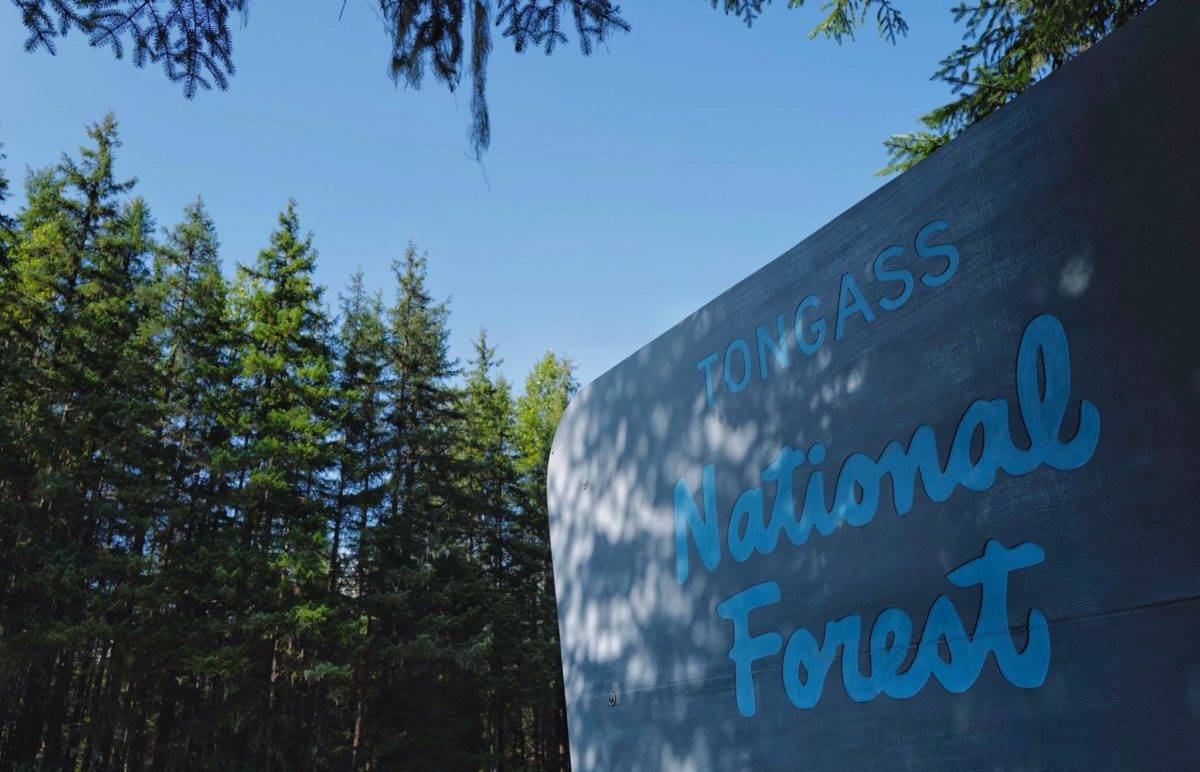Critics and proponents are debating the merits of changes to federal environmental policy, including the effects on management of Alaska’s Tongass National Forest.
The largest U.S. national forest will probably be impacted by the Trump administration’s recent revisions to the National Environmental Policy Act, Alaska’s Energy Desk reported Wednesday.
Supporters have said the changes streamline a regulatory process that hampers development on federal lands.
Natalie Dawson, executive director of Audubon Alaska, said the updates engender less public engagement, which was a founding principle of the environmental act’s framework.
[It’s unclear what federal changes mean for Mendenhall work]
Only substantive comments about projects will be accepted under the new rules, meaning expressions of general concerns about issues such as logging near animal or fish habitat will not be considered.
“You may not have the time to sit down with all the maps and documents and provide a site-specific analysis of the federal agency action, and yet you are an incredibly important stakeholder in this process,” she said.
The Tongass forest is scheduled to be exempted from the federal Roadless Rule, which could open up more access to logging.
Dawson said previously well-attended public meetings with federal agencies on some issues like the Roadless Rule may no longer take place under the rule revisions, which could be overturned by a new presidential administration.
Public meetings will only happen when appropriate and there is no clarity about which federal agency or agencies will make that determination or decide if a project warrants a full environmental review, she said.
Tessa Axelson, executive director of the Alaska Forest Association, a timber industry group, said she thinks streamlining the environmental policy act will be beneficial.
“I don’t see anything necessarily that is going to result in the loss of public input into the process,” Axelson said.
The previous version of the act caused difficulties for loggers trying to bid on federal timber sales and plan for a predictable supply, she said.
“What we want is a process that is responsive to the law and also ensures that the professionals, that agencies are held to a standard for producing things timely and in such a way that is not so burdensome to small business operators,” Axelson said.
• This is an Associated Press report.

